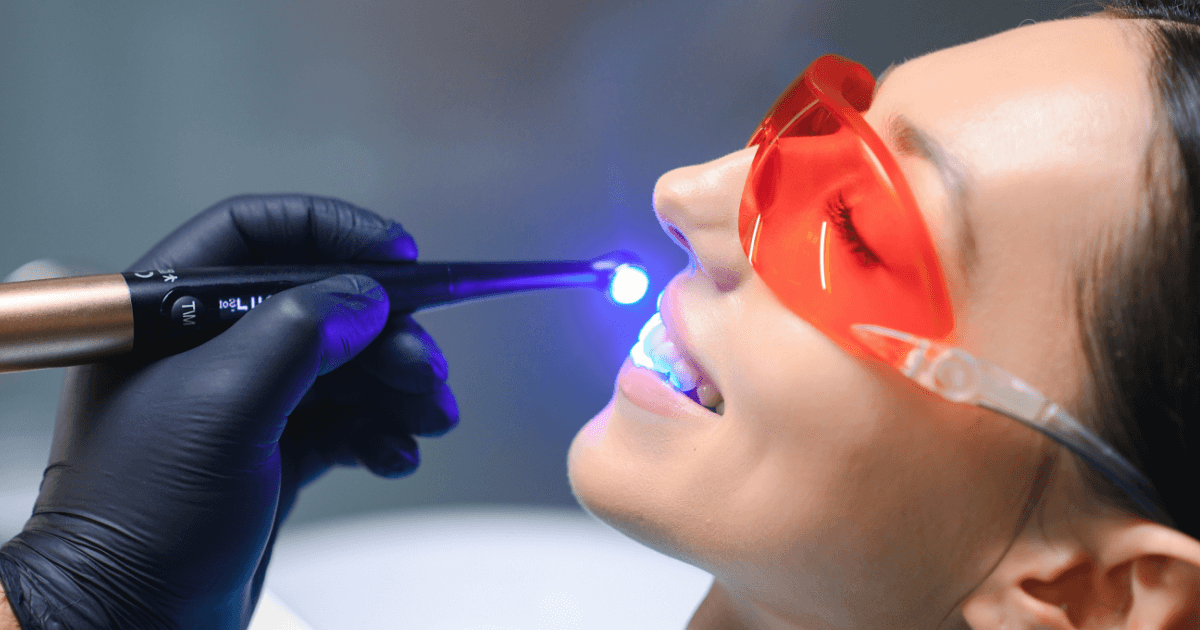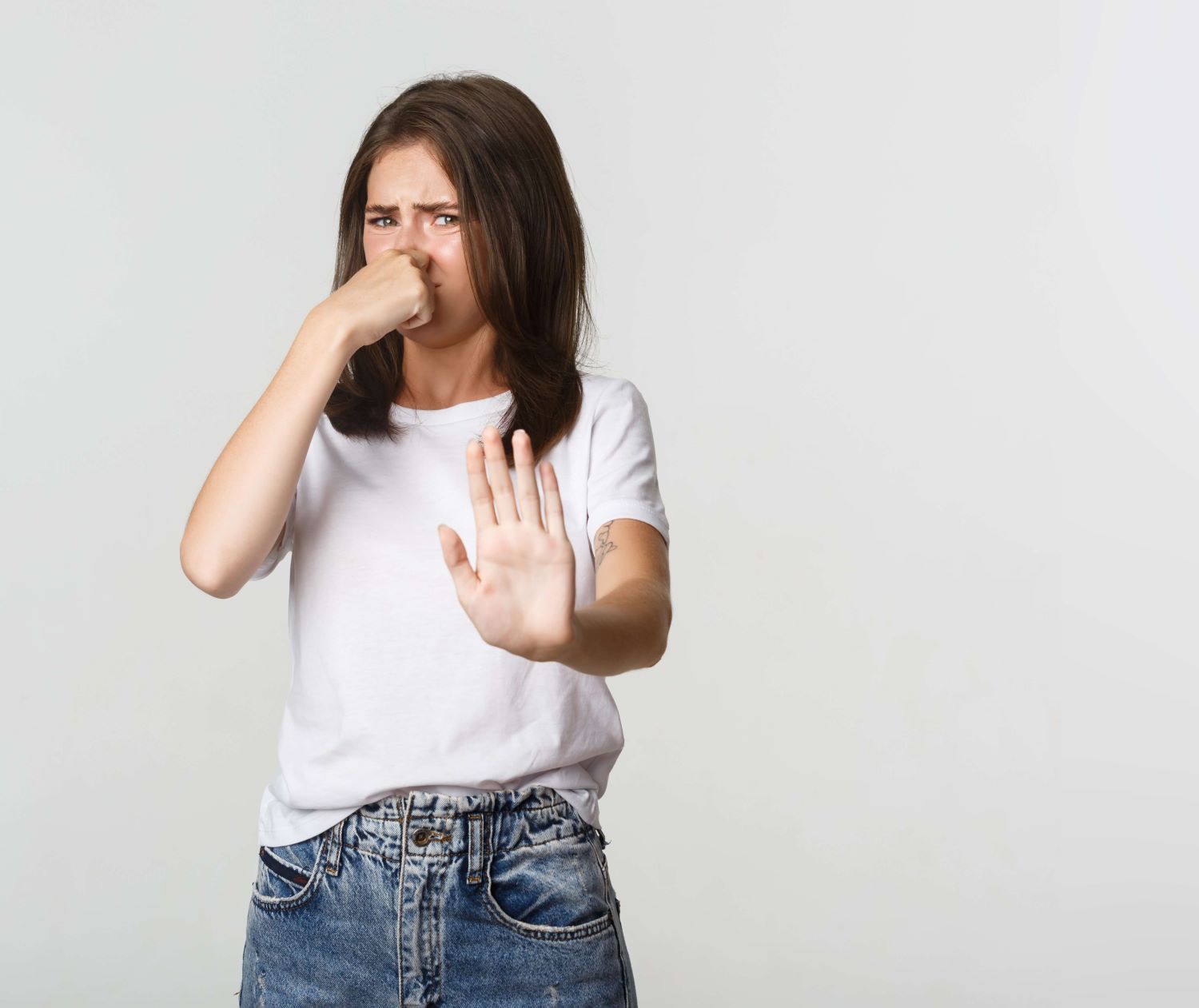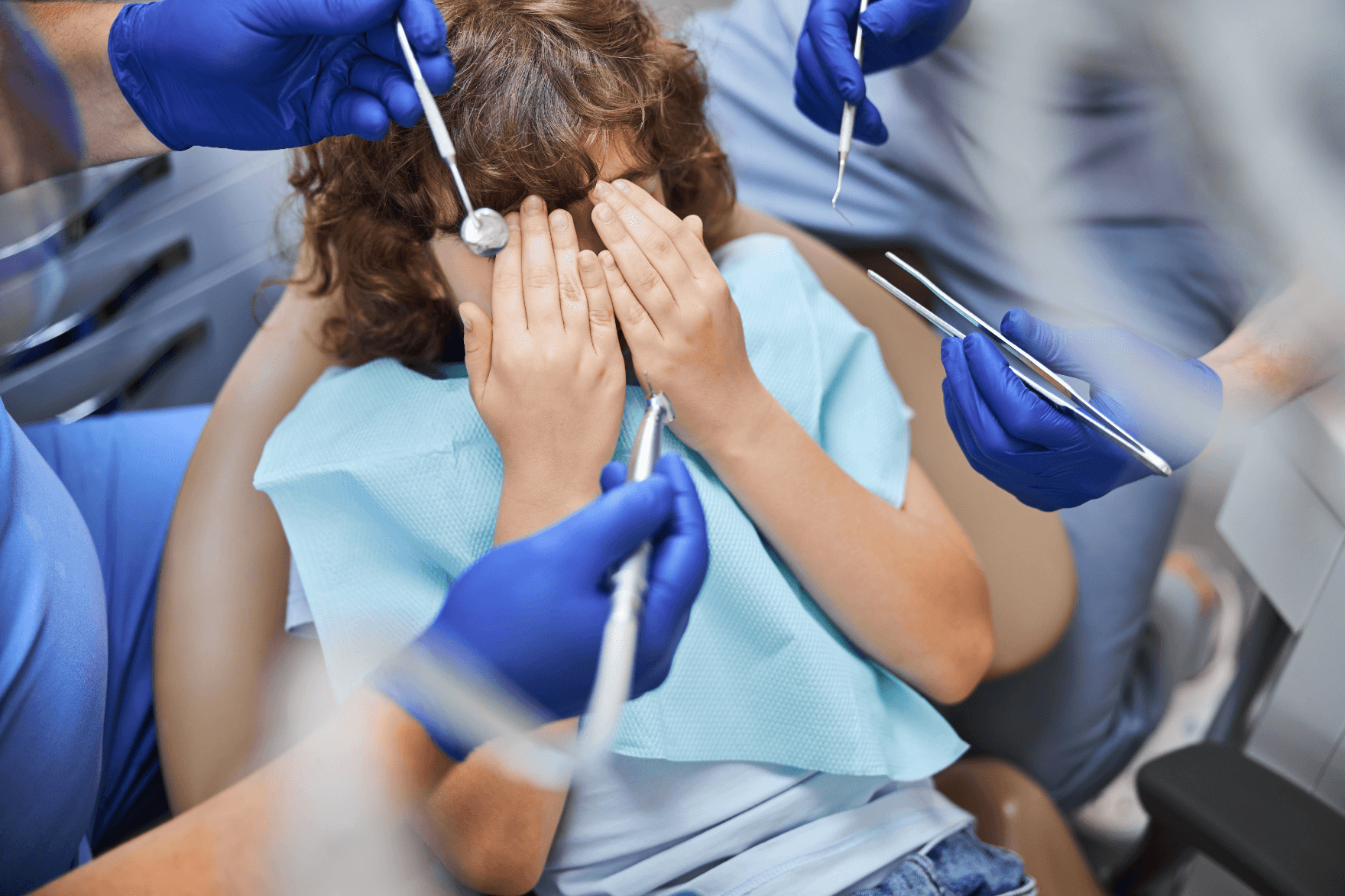Oral health is a significant factor that affects the quality of life, overall health, and well-being of older people. Tooth loss, cavities, gum disease (periodontitis), dry mouth (xerostomia), and oral cancer are common issues among older individuals. However, regardless of age, with adequate care and the assistance of your dental team , it is possible to prevent and address these problems.
As we age, our gums may recede, making our teeth more sensitive. Consult with your dentist about the best brushing methods to keep these difficulties under control, as well as products that can help with sensitivity.
With age, we may become less precise, either due to hand or finger problems or declining vision. Seek advice on the best aids that can be helpful.
If you have lost some teeth in the past and have bridges or dentures, you may have special cleaning needs.
Medications we take can impact the dryness of the oral cavity, and saliva helps protect teeth from cavities.
Accumulation of bacteria known as plaque leads to gum disease. Plaque constantly forms on our teeth, and it is important to remove it to avoid swelling and pain associated with gum inflammation. If plaque is not removed, these problems can eventually affect the bone under the gum. This bone supports the tooth root, so over time, teeth may become loose.
Many people may not know they have gum disease because it is often painless. However, it is important to be aware of common signs that may indicate gum disease, such as:
– Gums that bleed when you brush your teeth
– Loose teeth
– Gum recession
– Bad breath.
The foundation for maintaining healthy teeth in older age includes:
– Thoroughly removing plaque from teeth (or dentures if you have them)
– Using fluoride-rich toothpaste
– Cleaning between teeth at least once daily with interdental brushes or dental floss
– Consuming sugary foods and drinks less frequently.
Visit your dentist regularly, and have check-ups at least twice a year or as often as recommended by your dentist.






